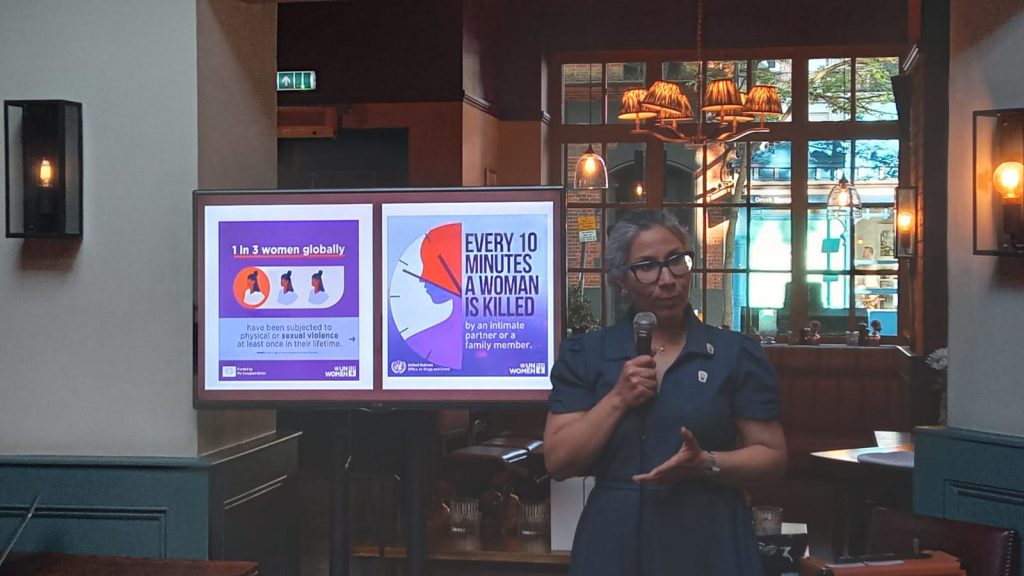Nine VISION colleagues have had workshop, symposium and individual abstracts accepted at the upcoming Prevention Research 2026 conference in March. The Population Health Improvement UK and the National Institute for Health and Care Research, in partnership with VISION funder, the UK Prevention Research Partnership, organised the event to explore the latest research and collaborative strategies for preventing non-communicable diseases and reducing health inequalities across the UK. This year’s theme is Connecting Research, Policy, and Practice for Health Equity.
VISION research is interdisciplinary and as such, several colleagues collaborated on symposiums and the workshop. We are partnering with Groundswell, Kailo and PHI UK Population Mental Health as well as the Violence, Abuse and Mental Health Network, and High Trees Community Development Trust amongst others.
Individual presentation
Violence across the life course and physical and mental health trajectories in later life
- Anastasia Fadeeva, VISION Research Fellow, City St George’s University of London
Symposiums
Lessons Learned from Lived Experience Engagement in Violence and Trauma Research
- Sian Oram, Professor at Kings College London and VISION Co-Investigator
- Kimberly Cullen, VISION Knowledge Exchange Manager, City St George’s UoL
- Alicia Stillman, Violence, Abuse and Mental Health Network at Kings College London
- Polina Obolenskaya, VISION Research Fellow, City St George’s UoL
- Annie Bunce, VISION Research Fellow, City St George’s UoL
Policy insights from a population understanding of mental health inequalities: using England’s mental health survey series, the Adult Psychiatric Morbidity Surveys (APMS)
Presenters include:
- Sally McManus, Professor at City St George’s UoL and VISION Co-Deputy Director
- Elizabeth Cook, Senior Lecturer at City St George’s UoL and VISION Co-Investigator
Centring the voices of young people – Learning from four participatory, place-based approaches to violence prevention
Presenters include:
- Elizabeth Cook, Senior Lecturer at City St George’s UoL and VISION Co-Investigator
- Ruth Weir, VISION Senior Research Fellow at City St George’s UoL
Understudied Commercial Drivers of Health: Exploring Industry Practices & Developing a Prevention Research Agenda
- Presenters include Sally McManus, Professor at City St George’s UoL and VISION Co-Deputy Director
Workshop
Using Systems Approaches to Connect Communities and Tackle Complexity in Prevention
- Workshop leads include Olumide Adisa, VISION Co-Investigator at City St George’s UoL

